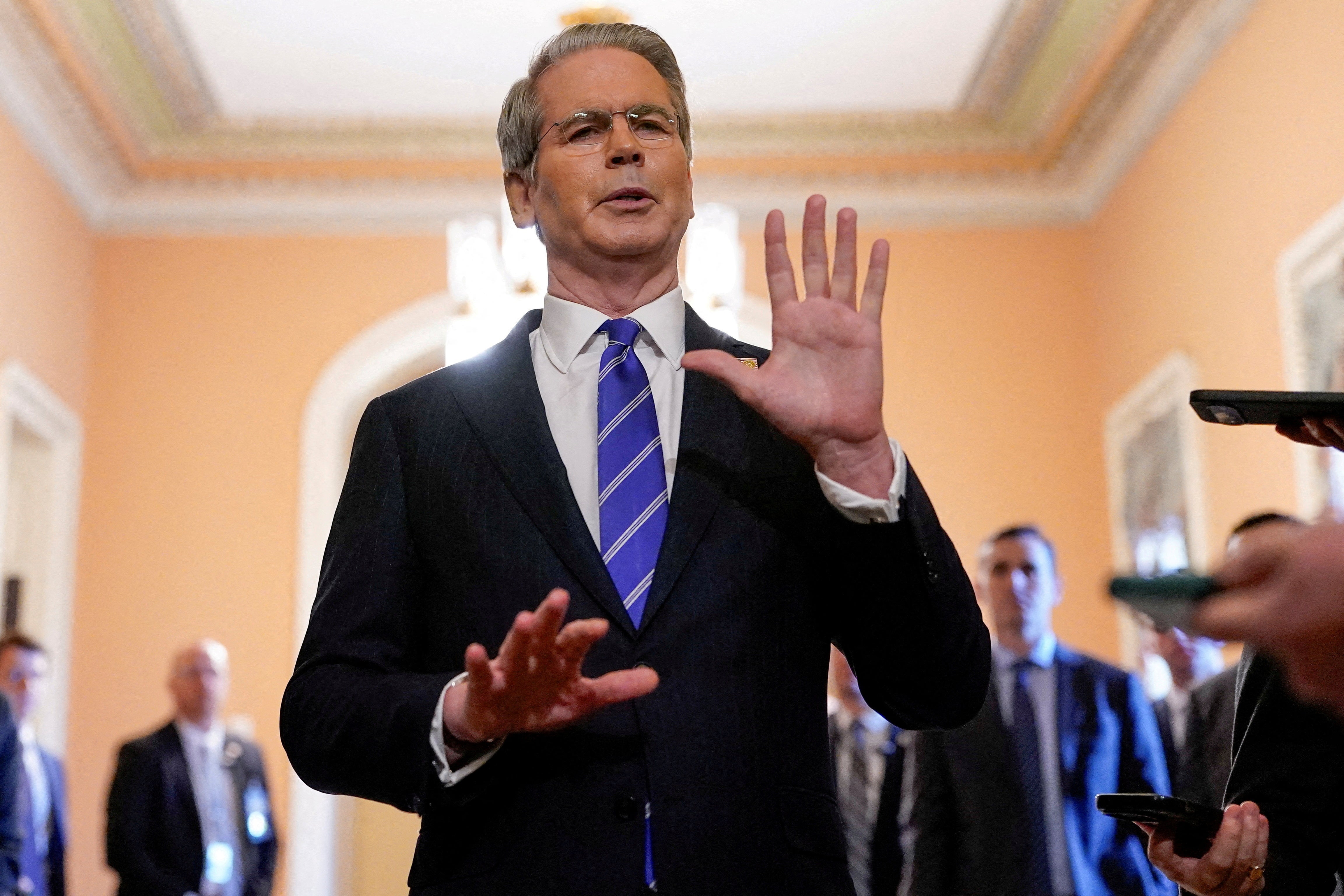The Trump administration may be taking a flexible approach to what it previously described as a “hard deadline” of long-promised tariffs taking effect on August 1.
“The important thing here is the quality of the deal, not the timing of the deals,” Treasury Secretary Scott Bessent told CNBC on Monday, arguing the president’s tariff threats had created “maximum leverage as only he can do” for countries to swiftly reach trade deals with the U.S.
“Our trading partners were told that the rates could boomerang back toward the April 2nd levels,” he added. “We can continue talking then. But again, we’re proceeding apace with the negotiations, but we’re not going to rush for the sake of doing deals.”
Other Trump officials have described the August 1 deadline, when U.S. trading partners could face up to 40 percent tariffs, as a firmer cutoff point.
“That’s a hard deadline, so on August 1, the new tariff rates will come in,” Commerce Secretary Howard Lutnick told CBS News on Sunday. “Nothing stops countries from talking to us after August 1, but they’re going to start paying the tariffs on August 1.”

The president, for his part, has called the deadline “firm but not 100 percent firm.”
Throughout July, the Trump administration has written letters to foreign leaders warning of the coming tariffs, expected to include a 35 percent tariff rate against Canada, a major U.S. trading partner, and a 30 percent rate for the European Union and Mexico.
Since being unveiled in April, Trump’s “Liberation Day” tariff agenda has been repeatedly delayed, and the administration has conceded it won’t achieve its original promise of 90 trade deals in 90 days.
“There’s 200 countries,’’ the president said earlier this month. “You can’t talk to all of them.’’

The president’s hesitancy to fully implement the tariffs has prompted critics of the president to deem the tariff agenda the “TACO” plan, for “Trump always chickens out.”
The markets “shrugged” off Trump’s move to push back the tariffs to August, Carolyn Kissane, a professor at NYU’s School of Professional Studies Center for Global Affairs, told The Independent earlier this month, compared to the initial market plunge when the tariffs were first revealed.
“The pattern is familiar: dramatic declarations, walk-backs, and renewed threats. It’s eroded his credibility and resembles the boy who cried wolf,” Kissane added. “He believes this tactic gives him a unique leverage to negotiate, but it also weakens the threats.”




